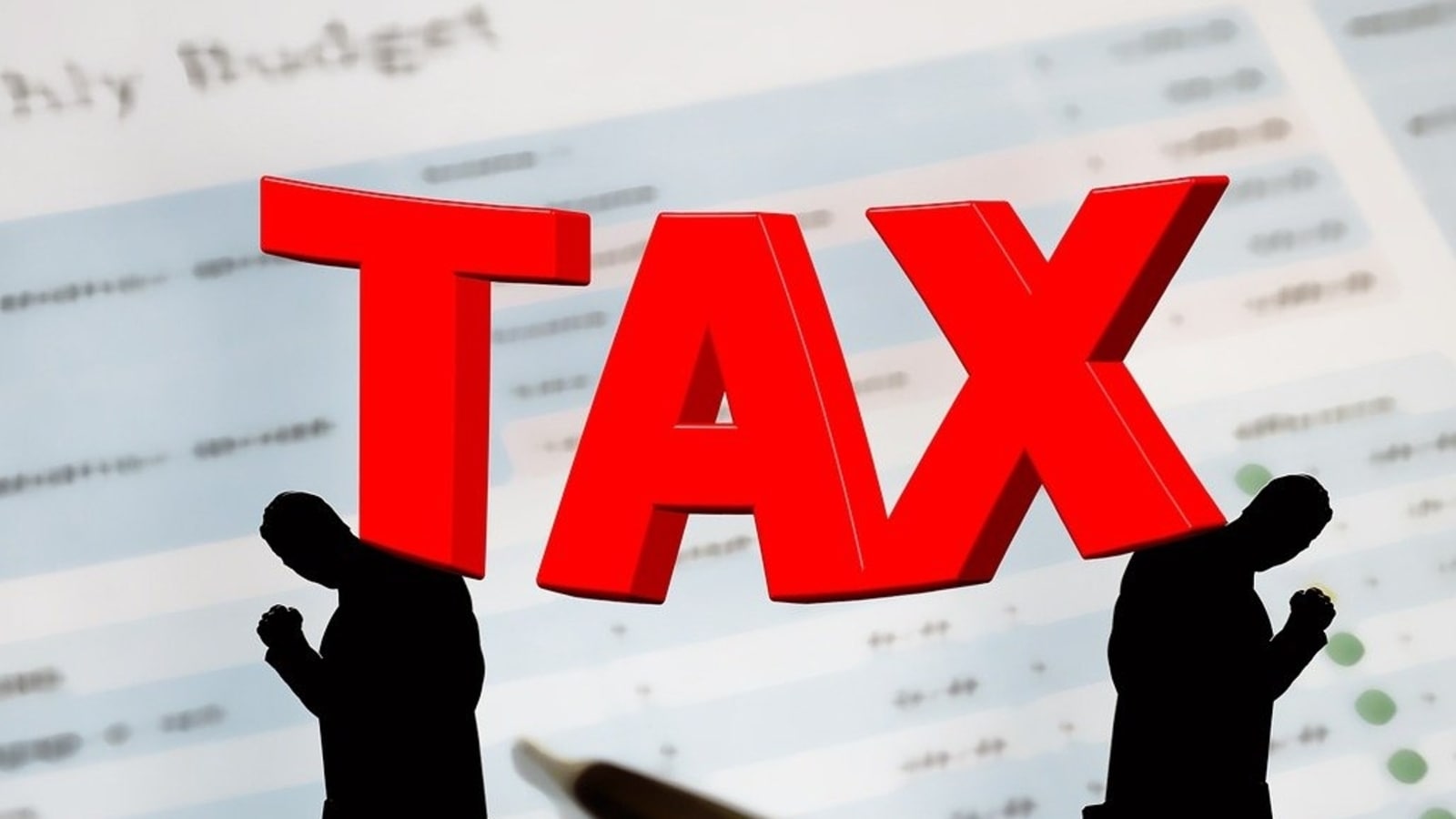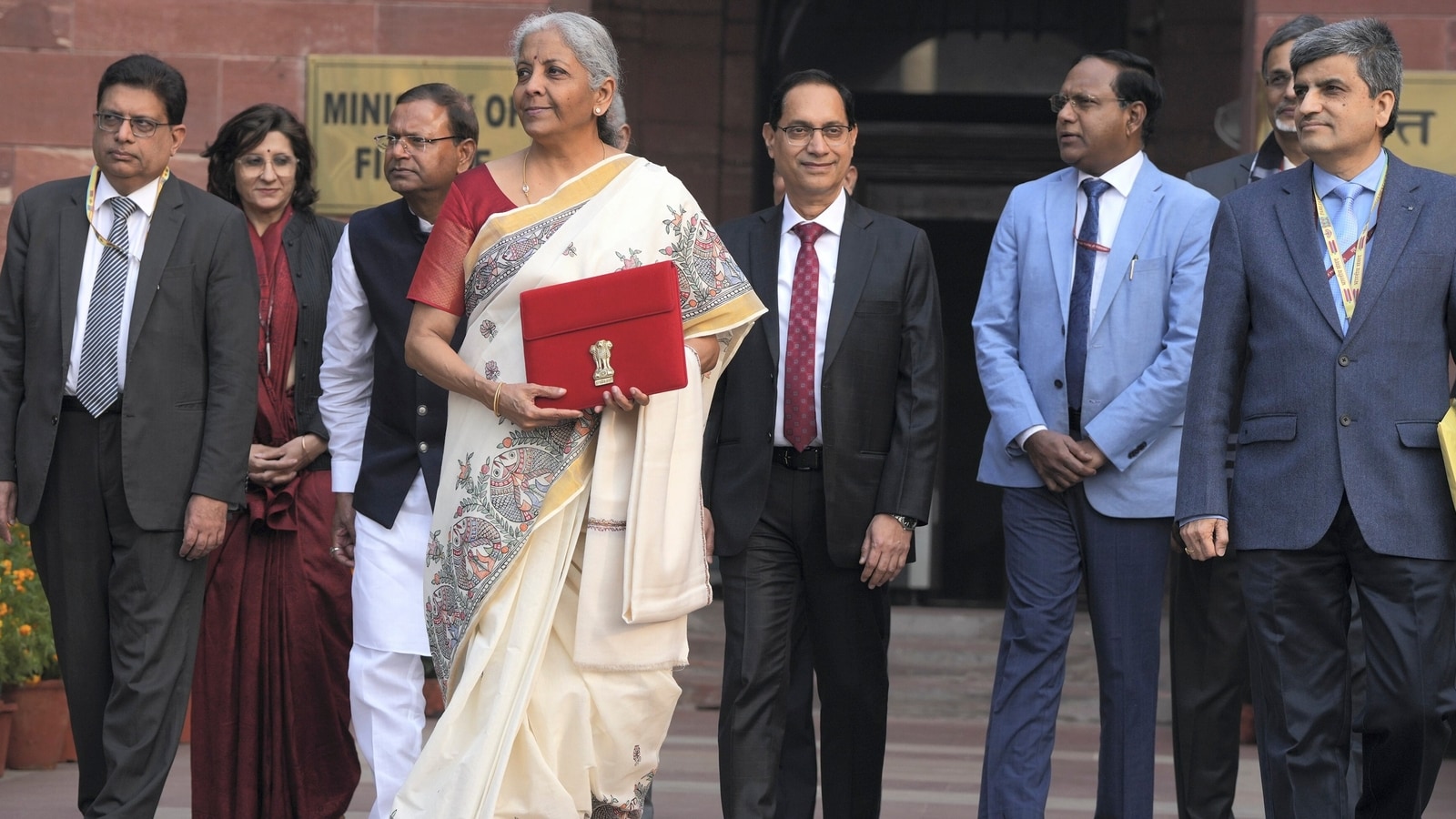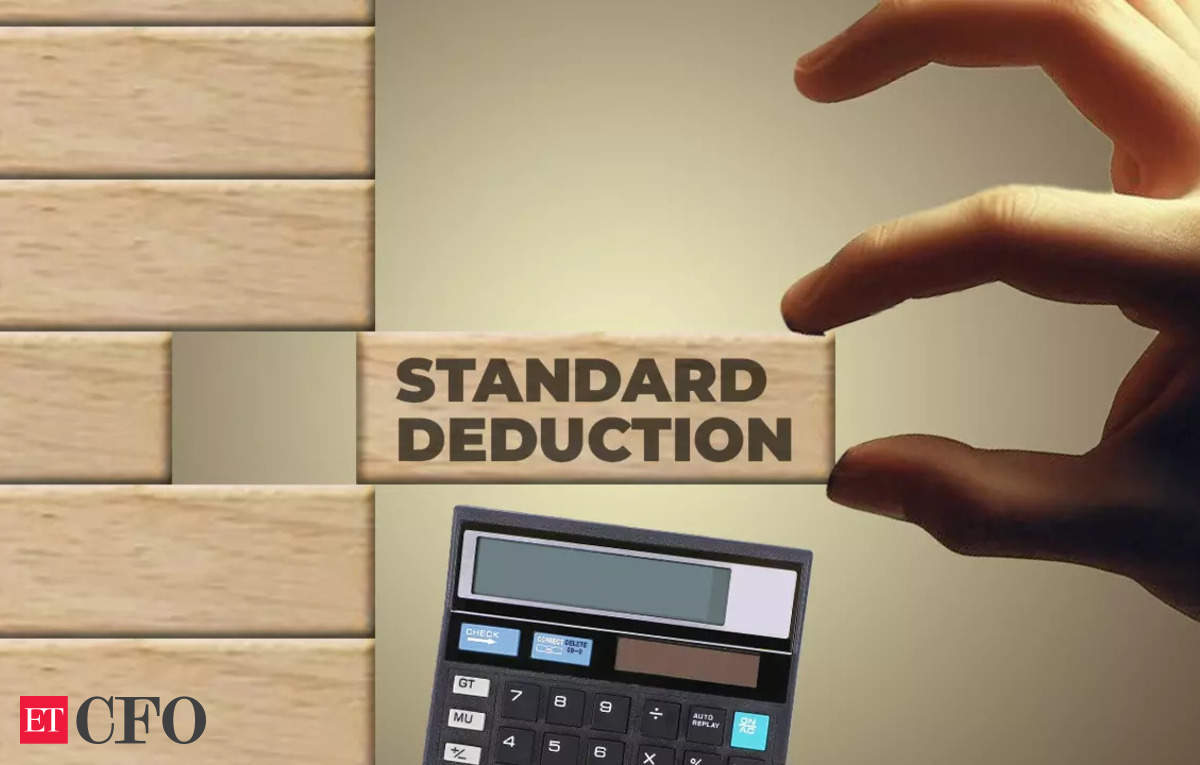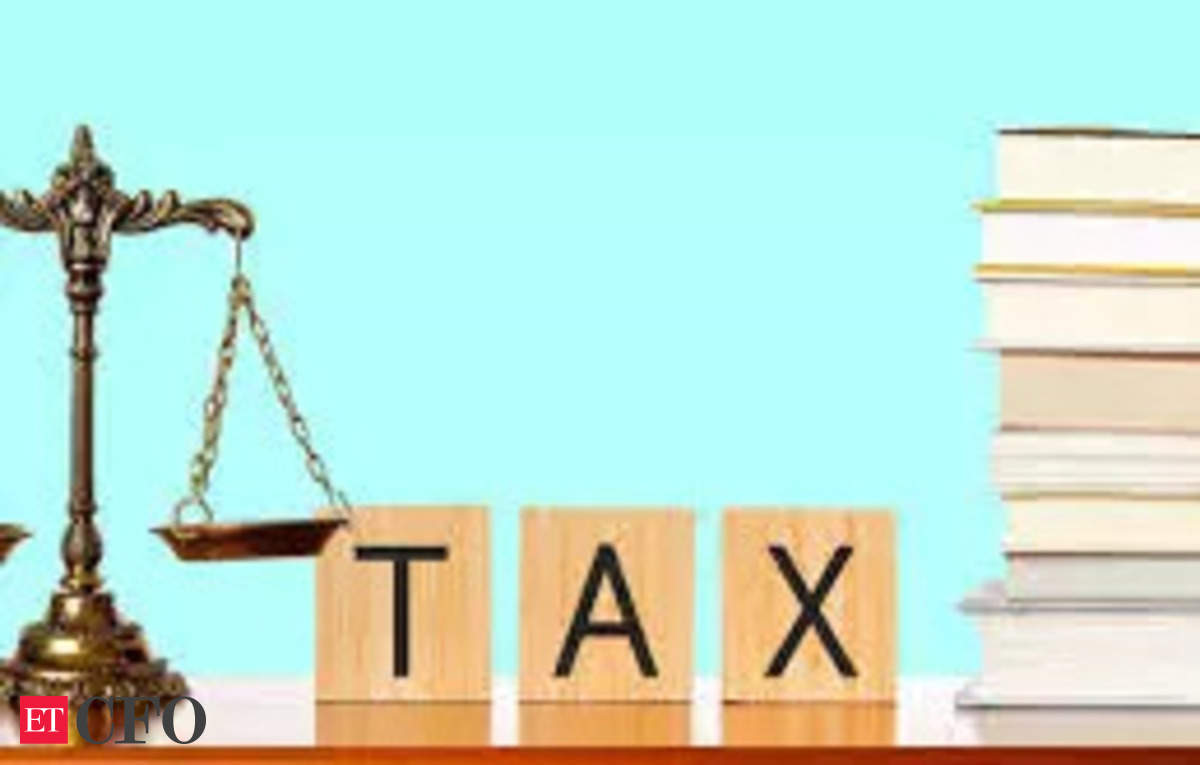With the dawn of a new year, several significant changes in GST and Income Tax are set to take effect from January 1, 2025. These changes, aimed at streamlining compliance and improving the efficiency of the tax administration, include revisions to TCS rates, E-Way Bill regulations, MFA requirements, and more. Here’s a detailed overview:
1. Changes to Tax Collected at Source (TCS) Rates
Under the revised provisions of Section 206C(1F) of the Income-tax Act, effective January 1, 2025:
- TCS Applicability:
- Motor Vehicles: TCS at 1% applies to the sale of motor vehicles exceeding ₹10 lakh.
- Other Goods: TCS at 1% applies to any goods specified by the Central Government via notification.
This amendment was introduced by the Finance (No. 2) Act, 2024, and its detailed notification is awaited.
2. Multi-Factor Authentication (MFA) for E-Way Bill and E-Invoice Portals
Current Status: MFA has been mandatory for taxpayers with an Annual Aggregate Turnover (AATO) exceeding ₹100 crores since August 20, 2023, and optional for those with AATO exceeding ₹20 crores since September 11, 2023.
Upcoming Changes:
- From January 1, 2025: Mandatory for taxpayers with AATO exceeding ₹20 crores.
- From February 1, 2025: Mandatory for taxpayers with AATO exceeding ₹5 crores.
- From April 1, 2025: Mandatory for all taxpayers and users.
Taxpayers are advised to activate MFA immediately and ensure their registered mobile numbers are updated with GSTIN to avoid last-minute issues.
3. Changes to E-Way Bill (EWB) Rules
- Restricted Period for EWB Generation:
- Effective January 1, 2025, EWB generation will be limited to documents dated within 180 days of the generation date. For example, documents dated earlier than July 5, 2024, will not be eligible for EWB generation on January 1, 2025.
- Restricted EWB Extension Period:
- Extensions for EWBs will be capped at 360 days from their original generation date. For instance, an EWB generated on January 1, 2025, can only be extended until December 25, 2025.
4. Filing of Income Tax Returns (ITR) for FY 2023-24
- The deadline for filing revised or belated ITRs for FY 2023-24 ended on December 31, 2024.
- Only ITR-U (Updated Return) can now be filed, and no refunds can be claimed under ITR-U.
5. Announcements from the 55th GST Council Meeting
Several measures and rate changes were announced during the 55th GST Council meeting. These include:
- Composite Taxpayers: Exemption from Reverse Charge Mechanism (RCM) when renting commercial property from an unregistered person.
- Late Fee Waiver for GSTR-9C:
- Late fees on GSTR-9C filings for FY 2017-18 to FY 2022-23 are waived if GSTR-9 has already been filed.
- Pending GSTR-9C can be filed without penalty until March 31, 2025.
6. Amendment to Section 200(3) of the Income-tax Act
- Limitation on Correction Statements:
- No correction statement for TDS/TCS will be accepted after six years from the end of the financial year in which the original statement was due.
- Correction statements for FY 2007-08 to FY 2018-19 will only be accepted until March 31, 2025.
7. Invoice Management System (IMS)
- The Invoice Management System (IMS) is now active on the GST portal.
- It is expected to become mandatory in 2025 for generating GSTR-2B.
- Impact on GSTR-3B Filing: With IMS becoming mandatory, taxpayers will have less time to reconcile and file GSTR-3B, as IMS actions begin from the 14th of the month, while the last date for GSTR-3B filing remains the 20th.
8. Filing Deadlines for GSTR-9 and 9C
- The deadline for filing GSTR-9 and GSTR-9C for FY 2023-24 is December 31, 2024.
- Late filings beyond this date will attract penalties,
9. Implications of GST Rate Changes from the 55th GST Council Meeting
10. Updated GSTR-3B Filing Timelines with IMS
- With the mandatory implementation of IMS, actions will commence by the 14th of each month.
- Taxpayers must ensure timely preparation for filing GSTR-3B, as the deadline remains the 20th of the same month.
Visit www.cagurujiclasses.com for practical courses











